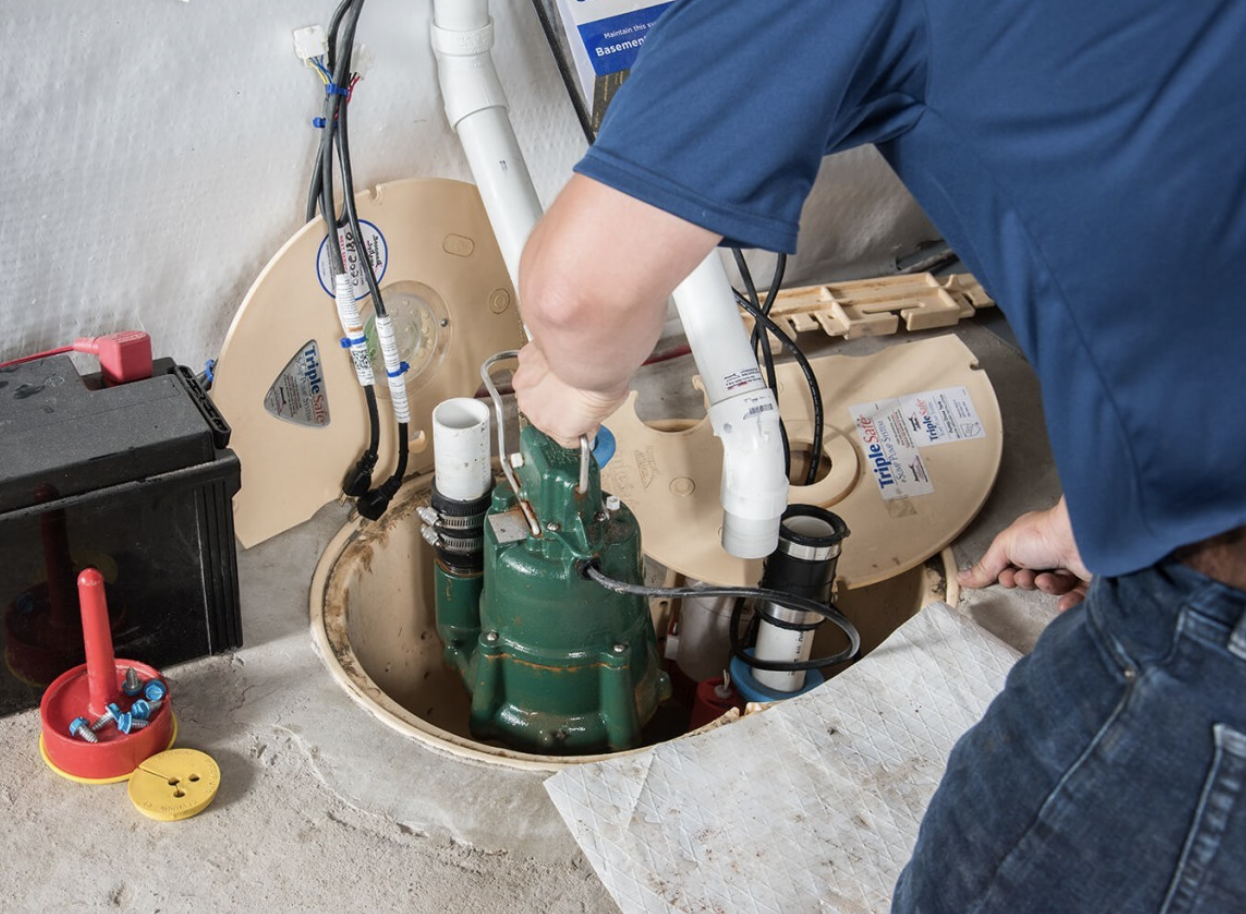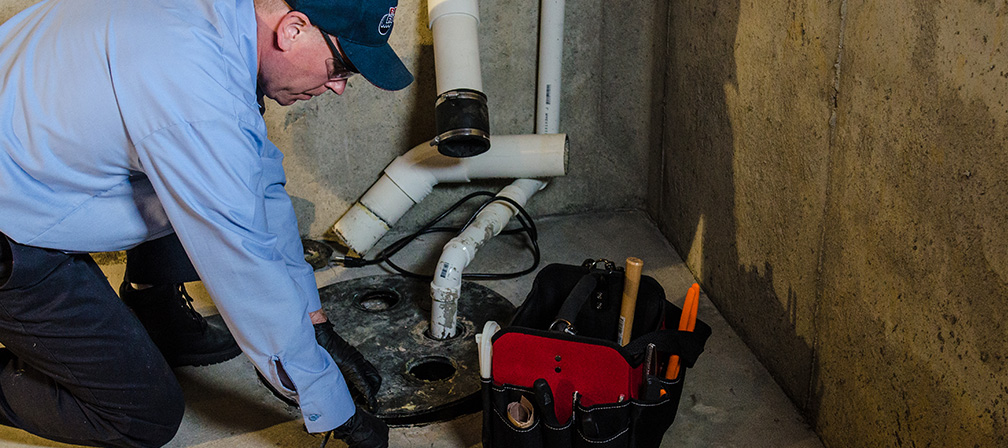Advanced Water Softeners: Bid Farewell to Hard Water Woes For Life
Wiki Article
Recognizing the Key Components of Effective Water Filtration Systems

Relevance of Water Purification Solution
Water filtration systems play an important function in guaranteeing accessibility to risk-free and tidy alcohol consumption water by effectively getting rid of impurities and impurities. These systems are essential in resolving the growing problems over water high quality and the prospective health and wellness dangers connected with taking in contaminated water. By utilizing different purification devices such as reverse osmosis, triggered carbon, and UV sanitation, water purification systems can efficiently get rid of harmful substances like microorganisms, infections, hefty metals, and chemicals from the water supply.In addition, water purification systems assist to improve the taste and odor of water by getting rid of chlorine, sediments, and various other pollutants that can influence its quality. Water Filtration Systems. This enhancement in water top quality not just makes it a lot more palatable but also encourages individuals to consume an ample quantity of water daily, promoting far better hydration and overall wellness
Kinds Of Filtration Components

Physical filters are made to literally strain out impurities from the water. These filters can be made from materials like ceramic, carbon, and even sand, and they work by capturing bits bigger than the filter's pores as water passes through.
Chemical filters make use of various chemical procedures to remove contaminants from the water. Instances include triggered carbon filters, which adsorb contaminations, and turn around osmosis membranes, which use stress to different contaminants from the water.
Biological filters utilize living organisms like microorganisms or algae to damage down organic issue and pollutants in the water. These filters are often made use of in wastewater therapy plants or all-natural water purification systems.
Comprehending the various kinds of purification parts is crucial for choosing the most appropriate water purification system for particular filtration needs.
Function of Debris Filters
Sediment filters play a critical function in water purification systems by effectively recording strong fragments suspended in the water. These filters are usually the very first line of protection in a filtration system, getting rid of bigger bits such as sand, silt, dust, and corrosion prior to the water relocates with finer purification stages. By trapping these sediments, the filters stop them from getting to downstream parts, therefore extending the life expectancy and performance of the entire system.The feature of debris filters is important in keeping water top quality and safeguarding delicate devices from damages brought on by particles. Furthermore, by eliminating visible fragments, debris filters enhance the clearness and taste of the water. Routinely changing or cleaning sediment filters is important to ensure optimal performance. Overlooking this maintenance can cause obstructing, minimized find water circulation, and endangered filtration effectiveness. Overall, sediment filters are essential components that contribute significantly to the performance of water filtering systems.
Duty of Activated Carbon Filters
Playing an essential function in water purification systems, triggered carbon filters are instrumental in getting rid of impurities and impurities from the water supply. As water passes through the filter, the turned on carbon attracts and holds onto the impurities, ensuring that the water that comes out on the other side is cleaner and much safer for consumption.Triggered carbon filters are highly effective at boosting the preference and odor of water by lowering chemicals that can impact its quality. Due to their convenience and reliability, activated carbon filters are an essential part in making certain that water is purified to the highest standards prior to getting to customers.
Comprehending Reverse Osmosis Solutions
Reverse osmosis systems are advanced water purification systems that utilize a sophisticated process to eliminate impurities and pollutants from alcohol consumption water. These systems work by using stress to the water, requiring it via a semi-permeable membrane.One secret benefit of reverse osmosis systems is their capability to get rid of a variety of impurities, including heavy metals, liquified microorganisms, viruses, and solids. This makes them extremely effective in boosting the general quality and security of drinking water. Furthermore, reverse osmosis systems are relatively low-maintenance and can be mounted under the sink or in Continue a central filtering system, giving hassle-free accessibility to clean water throughout the household. visit this website Overall, understanding exactly how reverse osmosis systems function can assist people make educated decisions regarding their water purification needs.
Final Thought
In verdict, effective water filtering systems are crucial for ensuring secure and tidy drinking water. By understanding the function and function of each component, individuals can make enlightened decisions when selecting a water filtration system.Water filtration systems play a crucial duty in ensuring accessibility to risk-free and tidy alcohol consumption water by efficiently removing contaminations and contaminants. By using numerous filtering devices such as reverse osmosis, triggered carbon, and UV sanitation, water filtration systems can efficiently eliminate harmful substances like microorganisms, infections, hefty steels, and chemicals from the water supply.
Debris filters play an important function in water filtration systems by successfully catching solid fragments suspended in the water (Well Pump Replacement).Playing an important function in water filtering systems, turned on carbon filters are critical in getting rid of contaminations and pollutants from the water supply.Reverse osmosis systems are advanced water purification systems that utilize a sophisticated process to eliminate pollutants and pollutants from drinking water
Report this wiki page